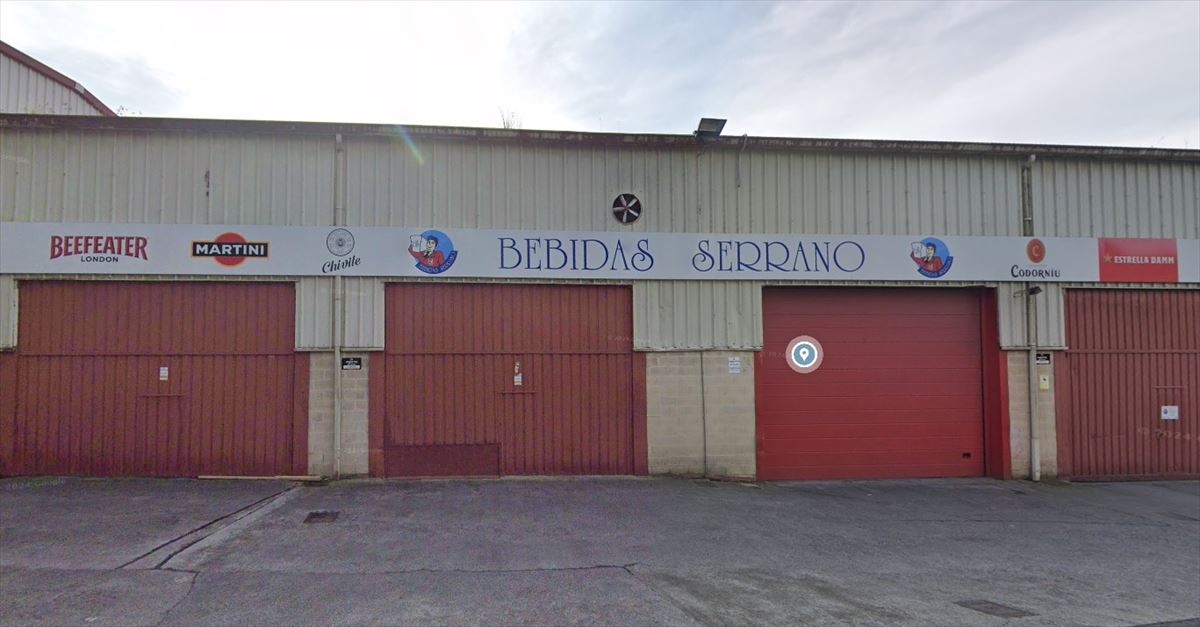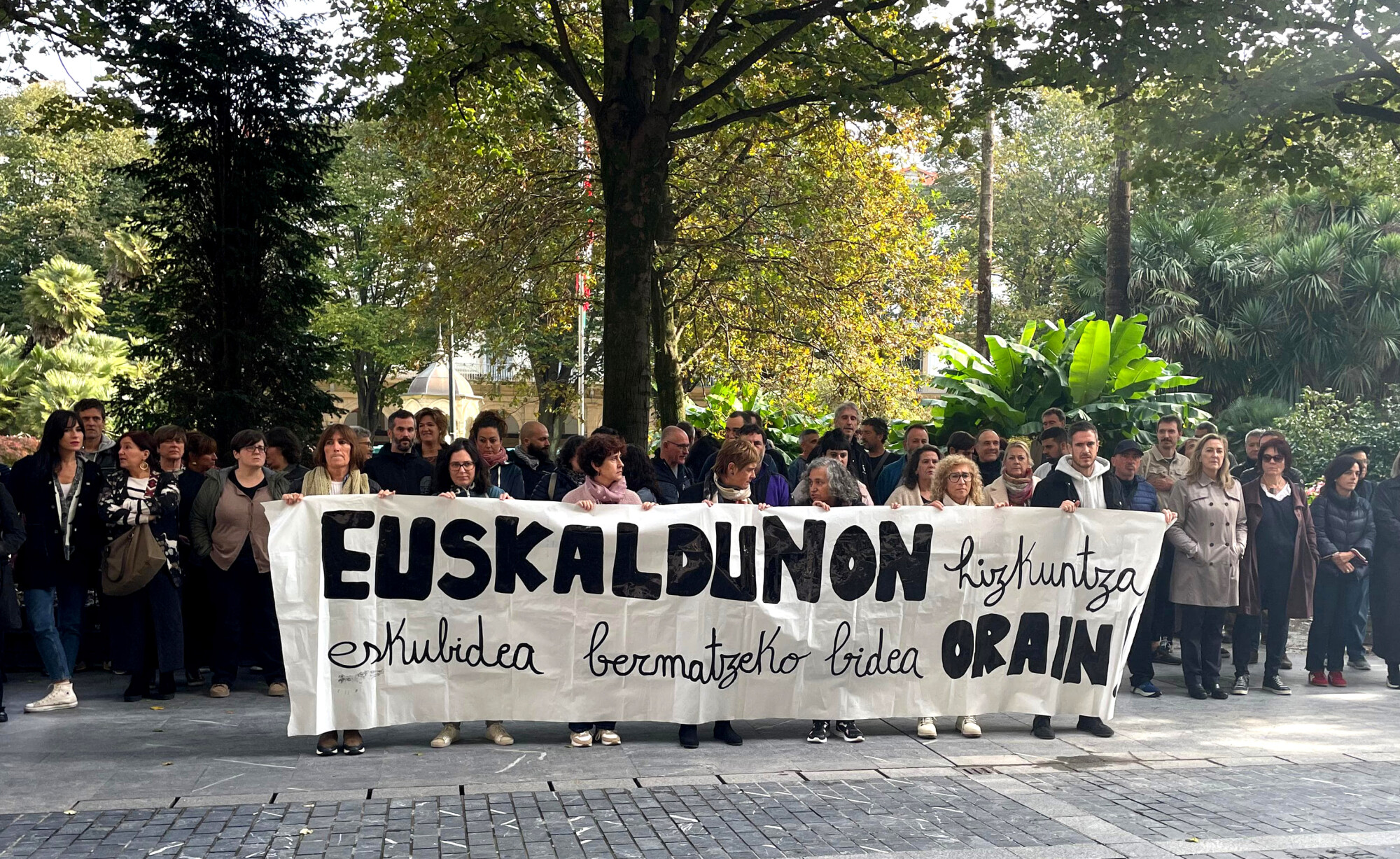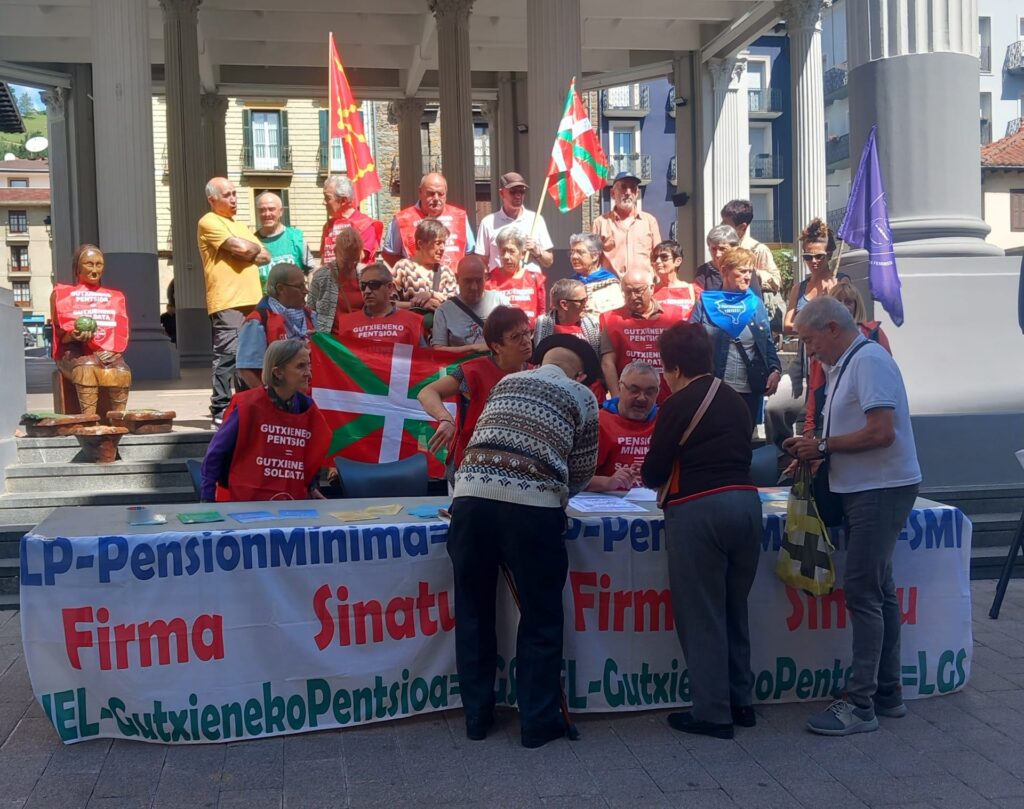Employers expect smooth economic growth
- Like many reports analysing the economy, the analysis of the Basque employers is placed in that grey between optimism and pessimism, presenting their concerns and challenges.

At the end of December 2019, the Basque businessman Confesbask presented an economic forecast report that went beyond the year 2019. Like many reports analysing the economy, the analysis of employers lies in that grey between optimism and pessimism; after all, no one dares to get wet over economic forecasts. In the context of the Basque Autonomous Community, however, there is a slight optimism.
Euskadi always better
The analysis of the international economy of the year 2019 highlights the elements that we all know: Brexit, the U.S.-China trade war, the economic problems of some developing countries... Most notably, the growth rate at the global level has slowed down and, furthermore, this growth has not risen to expectations. The sector that has most noticed this negative effect is manufacturing, while that of services is maintained with intensity. United States (2.3%), the euro area (1.1%), the United Kingdom (1.3%) or Japan (0.9%), while in emerging countries growth has been higher (3.8%), although it has fallen far short of expectations. In general, world trade has increased, but to a lesser extent because of the trade war.
“Of course, there is no mention of job insecurity. No mention is made of the fact that, despite the increasing profits of employers, the purchasing power of wages is increasingly reduced”
In the case of the Basque Autonomous Community, growth has been 2.2%, compared to 3% in 2018. It has been higher than that of the Kingdom of Spain and the Eurozone, and according to the employers, behind this slower growth is the slowdown in private consumption and investment. The contribution of the foreign sector, given the economic situation in Germany, has been nil. From the demand side, domestic demand has been more fluid, private consumption has had a downward trend and the labour market has also been more moderate. Consumption by the public sector has helped to improve the situation somewhat. Confesbask points out that the growth of the industrial sector has been drastically reduced by developments in the trade war sector and the automotive sector. Construction, on the other hand, has been the strongest sector and in services tourism and trade should be highlighted. As for industry, the sectors that have grown the most have been pharmaceuticals and electricity, while the other sectors have seen very low or negative growth.
From the employment point of view, employers were proud that the unemployment rate stood at 9.5% below the level of 2009. The number of indefinite contracts increased in 2019, reducing the proportion of temporary contracts. Wage growth has followed an upward trend, but in a very modest way: on average, existing agreements increased by 2.01% and labour agreements signed in 2019 by 2.31%. However, they are far from the growth of the time before the crisis, which exceeded 4%.
In relation to labor conflicts, the number of Employment Regulation Files has decreased in 2019. If we look at strikes, for the fourth consecutive year they grow by 21.4% more in the first half of 2019; the number of participants grows by 16.9% and unworked hours go from 73.168 to 205.660.
“Entrepreneurs have three concerns: the reduction of sales profitability, the difficulty of finding skilled staff and the growth of labour costs”
Of course, there is no reference to job insecurity. It is not mentioned that, although the profits of employers are increasing, the purchasing power of wages is decreasing: it is clear that the wage growth shown in the report is not real, as real wages have been reduced since the beginning of the crisis. For Confesbask, 2019 has been a fruitful year, despite the strikes and labor conflicts they have suffered. There is no sign of satisfaction in the report, but the business is doing well. For workers, on the other hand, the situation is not good, even though they are adorned with low unemployment rates.
Forecast: continuation of trend
Growth in the Basque economy will slow down slightly in 2020, but the growth of the Gross Domestic Product will rise above the Kingdom of Spain and the advanced European economies. The forecast for Confesbask is 1.9%, three tenths less than the previous year.
The economic growth of the CCS will be sustained, once again, by domestic demand, and the situation of the industry will not be very good. This sector is going to suffer global ups and downs, although it seems that it is going to improve the automotive industry and the trend of the oil refinery subsectors. The services sector will increase less due to tourism. The sector that will best work is construction, although it will not appear so strong.
On the other hand, the report highlights the three issues that concern employers and women entrepreneurs. Sales profitability has been declining over the past year. On the other hand, the difficulty of finding trained staff is also very worrying; lastly, staff costs will increase.
From the point of view of employment, Confesbask has predicted employment growth, exceeding the pre-crisis level. The unemployment rate will be reduced to 9%, the lowest since 2008, according to the data provided.
In short, “in the Basque Country always better” can be the motto of the forecasts. The report envisages a similar situation, maintaining the dark state of the industry and emphasising the weaker strength of construction.
“Industry 4.0, competitiveness, political and institutional stability, number and training of workers, collaborative work relations and corporate recognition are the challenges of employers”
The challenges
Employers also raise some of the challenges of the Basque economy: Industry 4.0, promoting competitiveness, political and institutional stability, etc. As far as industrial relations are concerned, there are some challenges to be highlighted. On the one hand, companies want to ensure the number of workers and the level of training they need. On the other hand, employers intend to promote a collaborative working relationship in order to improve the competitiveness and viability of companies. Another challenge referred to is to advance the social recognition of entrepreneurs and companies that, in their words, generate wealth, employment and social well-being.
Among other recommendations and challenges, there is always a repeat adaptation to the current stage of moderate economic growth and high uncertainty markets. Reference is also made to social dialogue, as if employers and workers, employers and trade unions had the same interests. Collective bargaining is thus proposed as an instrument to support competitiveness.
Insufficient report
The report and the challenges it poses in themselves have a myriad of shortcomings. We do not see at all the climate change and the ecological collapse that is coming, which will hit industry and businesses decisively. The long-term approach is not working, but the analysis is in the short term. The gender perspective is not at all. A lot has happened in 2018 and 2019, including two feminist strikes, but the wage gap seems to be missing.
As far as the challenges are concerned, the employers’ proposal is to continue the New Model of Labour Relations proposed by Adegi, but, apart from that, nothing new is being proposed: workers and trade union organisations are in the hands of the company’s objectives.
In short, among the reports on the analysis and the annual forecasts, the publication of Confesbask at the end of December is very deficient, as the analysis it presents is weak.
A few weeks ago, the President of the European Union, Ursula von der Leyen, reported on the need for military spending of eight hundred billion euros. This expenditure is said to be in response to a military threat to which Europe is exposed, and it has been confirmed that there... [+]
Euskadi markak, eraikuntza sektoreko ekonomiaren estrategian, “industrializazioa” mantrarako hitz gisa hartu duela jakinarazi berri du Eusko Jaurlaritzak. Etxebizitza publikoaren eraikuntzan industrializaturiko prozesu eta elementuak lan guztien %65a izatea... [+]
As we explained in our book on adaptation, in view of the decline in European military spending since the late 1980s of the last century, at the beginning of the 21st century European death traders decided to organize themselves and structured themselves as lobbies imitating the... [+]



















